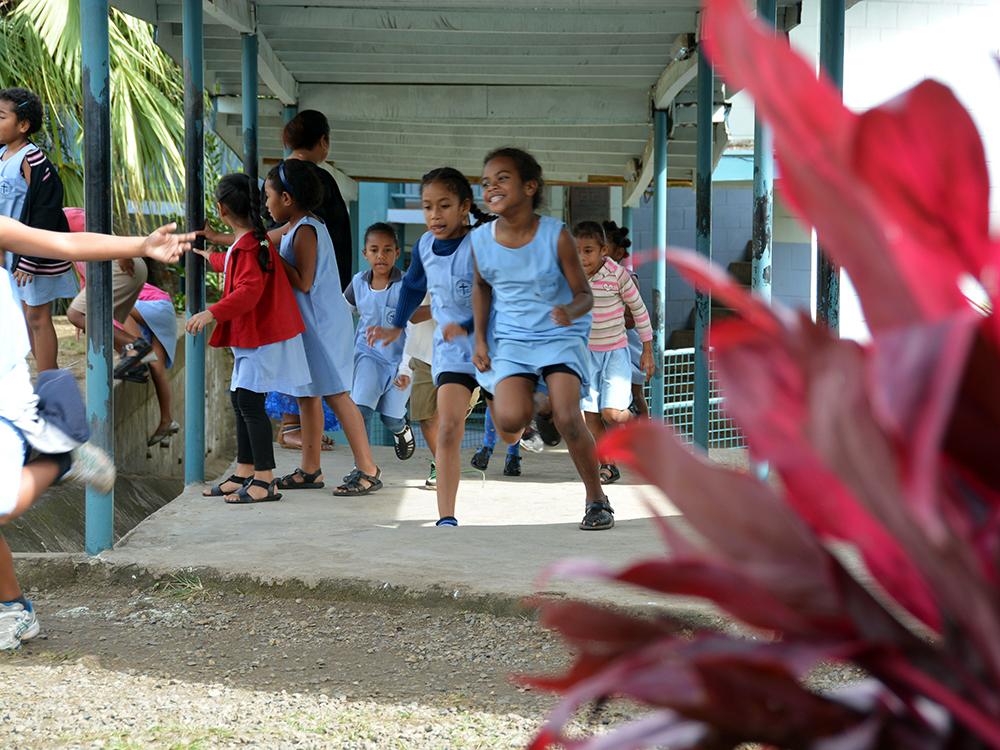A five-day workshop is currently underway at the Novotel Hotel in Nadi, Fiji, which aims to strengthen the educational policy analysis and development in Samoa, Solomon Islands and Papua New Guinea.
The Institutional Policy Capacity Workshop is organised by the Pacific Community’s (SPC) Educational Quality and Assessment Programme. Working with SPC and education sector representatives from the three countries is Dr Darryl Hunter from the Department of Educational Policy at the University of Alberta, Canada.
The workshop will enable participants to indicate their country’s capacity to develop educational policies. The training encompasses their understanding of the United Nations capacity framework, competency to enact the public will in education, preparing for the collection of capacity information in the three pilot countries – Samoa, Solomon Islands and Papua New Guinea - and developing skills in appraising policy capacity in a consistent and accurate manner.
The knowledge of how to develop educational policies within a country is essential to effectively respond to evidence that has been generated so far through activities conducted as part of the Pacific Benchmarking for Educational Results (PaBER) project, such as specific policy gaps identified in the areas of curriculum and assessment.
The PaBER project, funded by the Australian Government, has been operating since June 2012 and uses evidence to drive system changes to improve educational outcomes for children in the Pacific.
This project is being implemented in Samoa, Solomon Islands and Papua New Guinea with the intention that other countries can also benefit by adapting the processes used.
The workshop concludes on Friday 19 February.
Media contact: Ms. Nina Tu’i, SPC Education Specialist, [email protected] or +679 3378525 or +679 9039929
Background: SPC through its Educational Quality and Assessment Programme (EQAP) is committed to supporting quality education for the Pacific Islands and are engaged in training, research and documentation to strengthen the ability of ministries and other stakeholders to develop and implement education policies.
